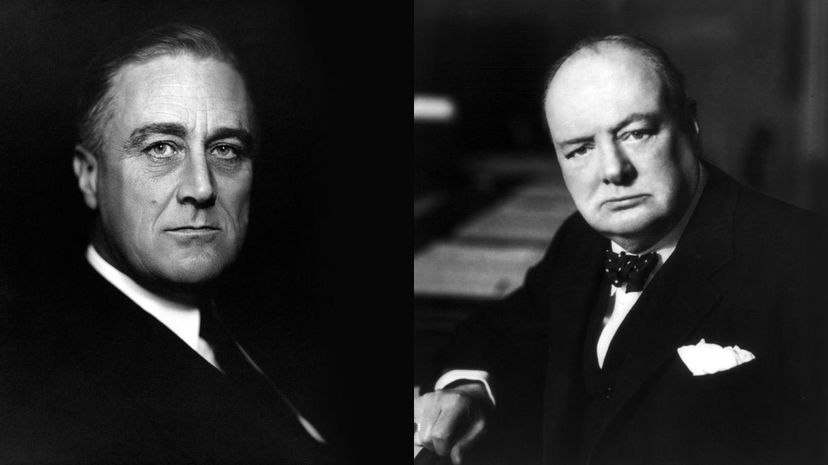
About This Quiz
From the beginning of the 20th century, through the troubles of the Second World War, FDR and Winston Churchill rose through the ranks in their respective counties to become two of the most prominent statesmen of their era. By the end of their years of service, both leaders established legacies that endured for decades after they had left office. Even today, both of them are viewed as heroes who led the way during one of humanity's darkest hours.
Of course, that doesn't mean that FDR and Churchill shared everything in common. They were quite different in many aspects, from their political views to their paths to the top offices in each of their countries. Both of them, no doubt, had a knack for inspiring people, but they also had different obstacles that stood in their way, forcing each leader to make sacrifices while also staying true to their core values.
Are you prepared to see if you know what qualities and facts separate these two great world leaders? Do you know about their upbringings, or how they first got into politics? Will you know the policies they implemented that shaped their time in office? Here's a quiz where you can find out.
Don't wait. It's time to see if you were paying attention in world history class.
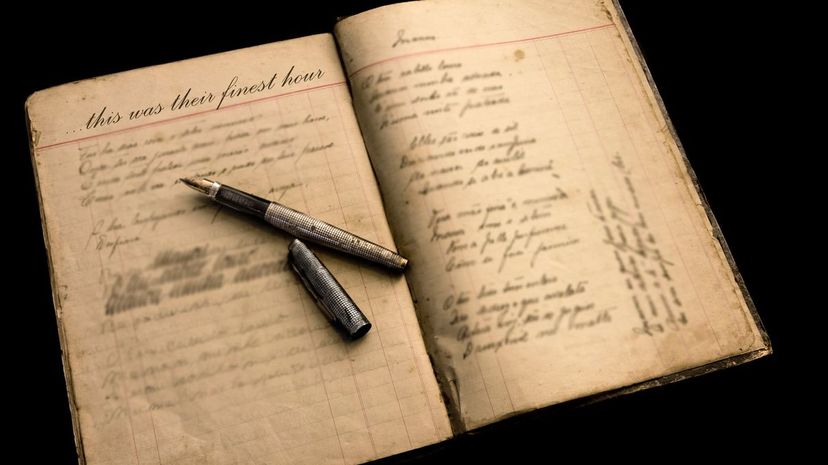
As France surrendered, Winston Churchill knew Britain had to make the final stand against Germany. The last sentence of his speech sums up his view of Britain's role in WWII: "Let us, therefore, brace ourselves to our duty and so bear ourselves that, if the British Empire and its Commonwealth last for 1,000 years, men will still say this was their finest hour."
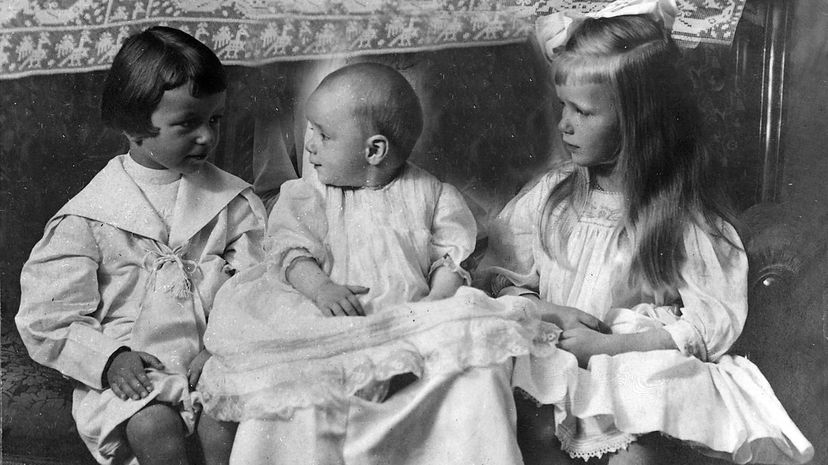
FDR had six children with his wife Eleanor Roosevelt. However, their third child, carrying his father's name, Franklin, died while he was still an infant. The couple named their fifth child Franklin in his honor.

With his fireside chats, FDR was able to establish a direct relationship with the American public unlike any of his predecessors. He used this platform to lay out the problems the country faced while discussing how his policies would solve those problems.
Advertisement
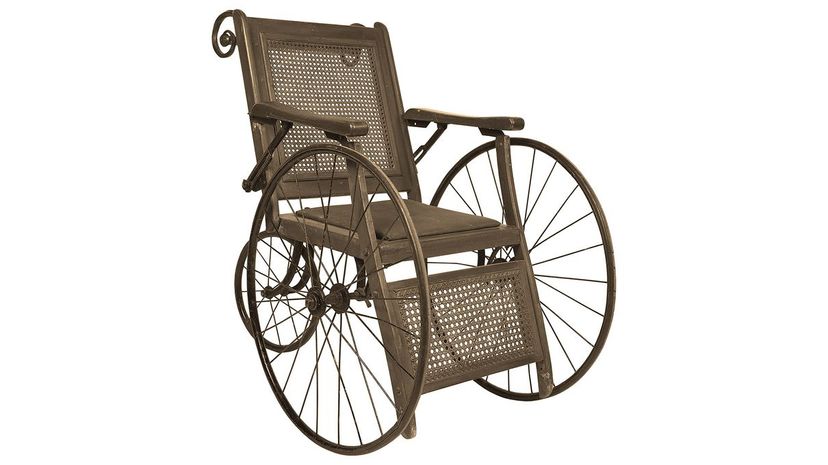
Knowing the stigma attached to a leader who was viewed as weak, FDR feared being seen in public with his wheelchair. Rather than show his disability, he often used an aid to help him walk during public appearances and leaned on podiums to deliver some of his most important speeches.
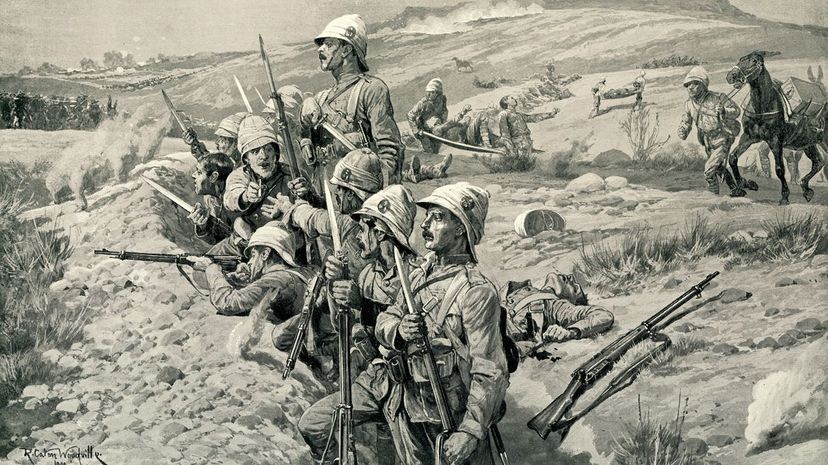
Serving as a war correspondent for The Morning Post, Winston Churchill traveled to South Africa to serve in the Anglo-Boer War. He was taken prisoner by enemy forces when his train was ambushed in 1899 but escaped not long after his capture. His escape made him a national hero in Britain.
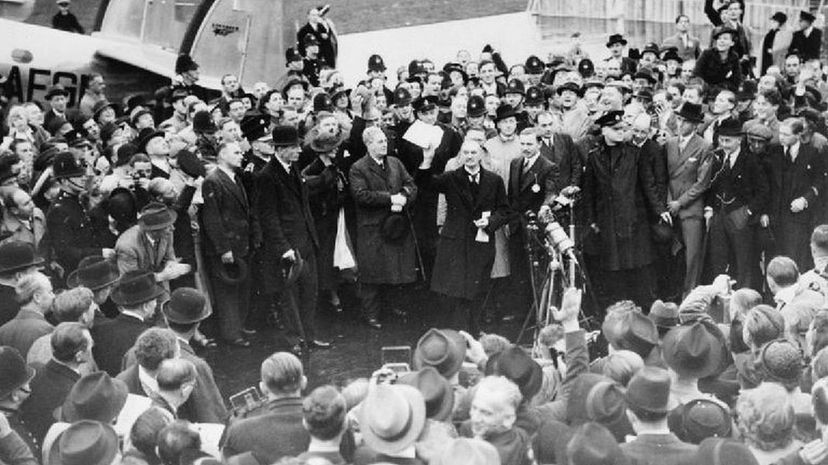
Neville Chamberlain made several mistakes leading up to the confrontation with Germany in WWII, like signing the Munich Agreement which gave Germany control of the Sudetenland region of Czechoslovakia. Viewed as too weak to address the German aggression, Chamberlain stepped down in 1940 and was replaced by Winston Churchill.
Advertisement
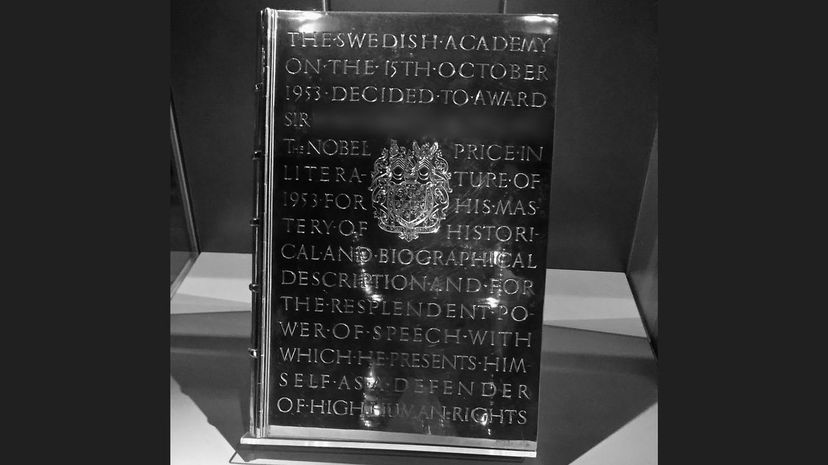
Winston Churchill was not recognized for any single piece of writing when he won the Nobel Prize for Literature in 1953. Instead, his entire body of work, which included an autobiography along with writings on the two World Wars, were motivations for him receiving the prize.
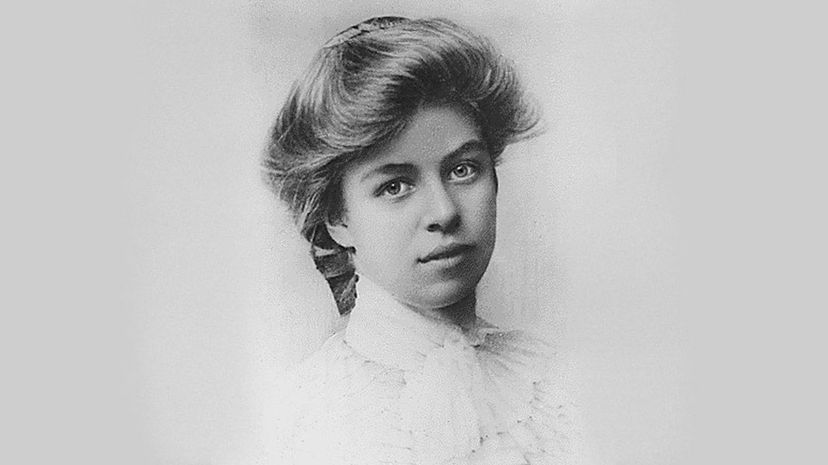
Eleanor Roosevelt was the niece of former president Theodore Roosevelt, who was a relative of FDR. As first lady of the United States, Eleanor used her position to encourage human rights, especially for the African American community, becoming very much an important public figure herself.
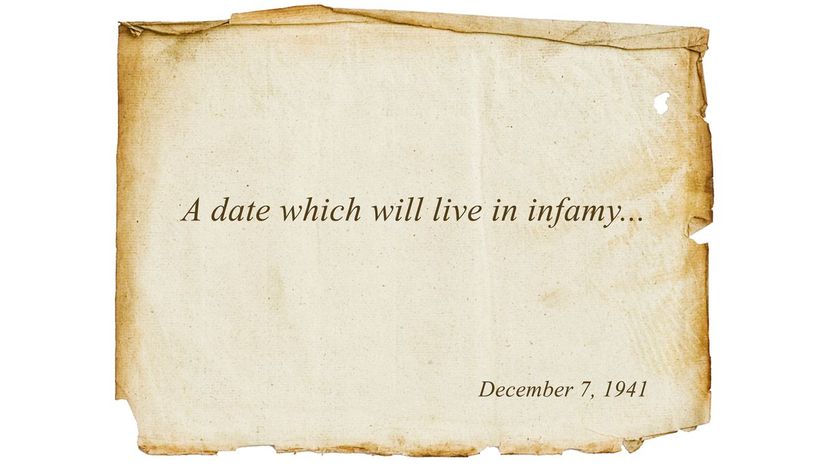
FDR's "infamy" speech came a day after Japan launched an attack on Pearl Harbor, pulling the United States into WWII. In the speech, Roosevelt declared that December 7, 1941 will be "a date which will live in infamy." The speech inspired thousands of Americans who had previously opposed the war to give it their support.
Advertisement
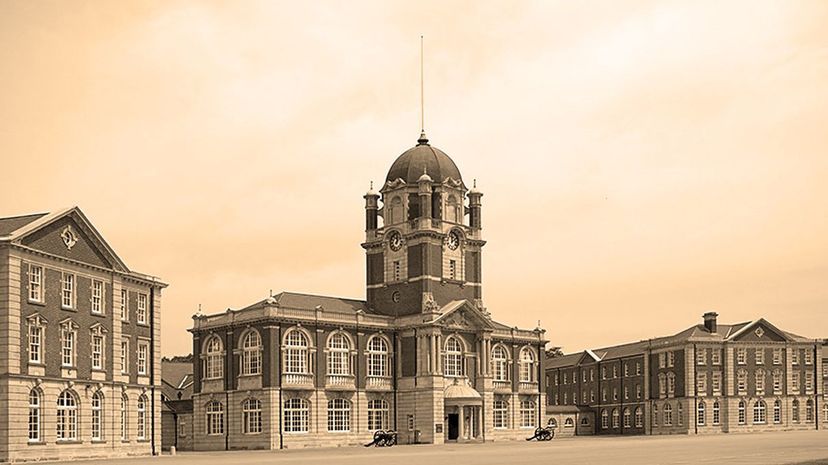
At the age of 7, Winston Churchill was sent to boarding school, which was common for a child of his upbringing. School didn't suit Churchill, though, and that would follow him into college. But once he got into the Royal Military College, Churchill excelled, graduating near the top of his class.
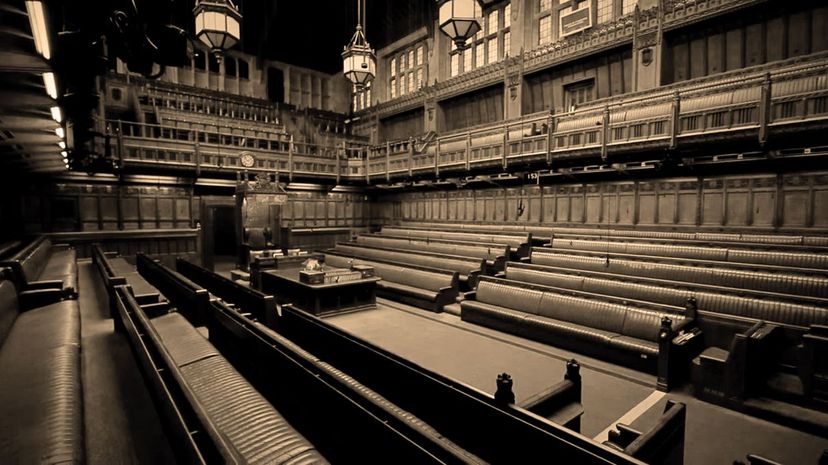
During his time out of office, Winston Churchill took on the role of the Leader of Opposition. He wasn't well suited for the role and was rarely in attendance at the House of Commons, instead putting his focus on affairs abroad.
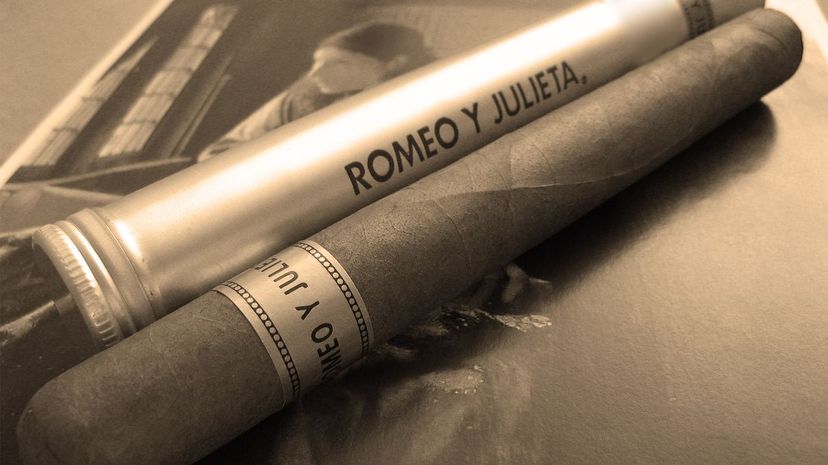
Two of Winston Churchill's favorite brands of cigars were the Romeo y Julieta and La Aroma de Cuba, which he bought in large quantities, sometimes thousands at a time. To honor Churchill's love of cigars, Romeo y Julieta created a line of cigars known as the Churchills.
Advertisement
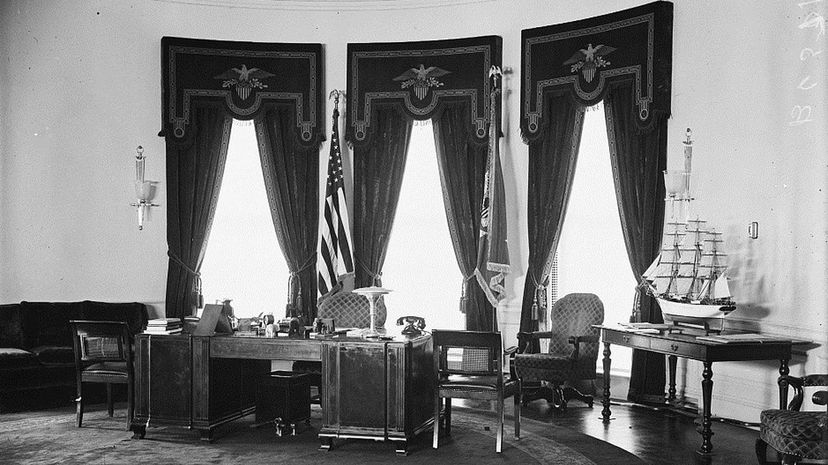
FDR is the only president in history to serve more than two terms in office. His four terms as POTUS was the primary reason that the 22nd Amendment was passed in 1947, limiting a president to only two terms in office.
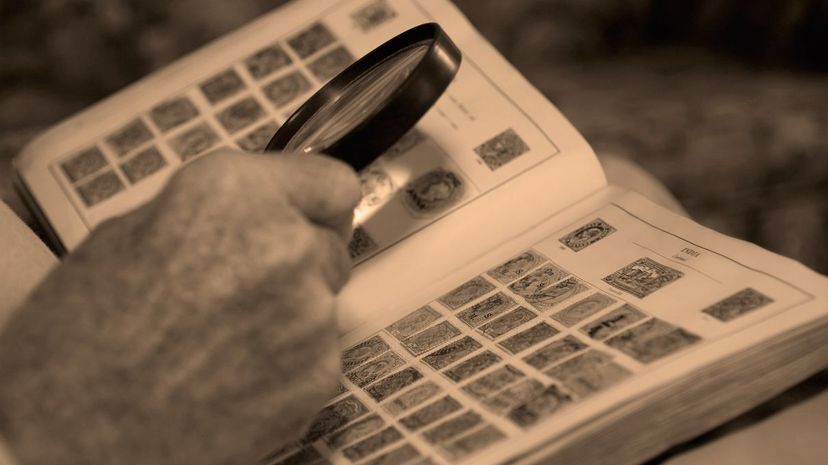
A hobby that began when he was a child, FDR credited his stamp collection with helping him through some of the most difficult times in his life, particularly when it came to his health issues. As knowledge of his stamp collection spread, he was later honored by dozens of countries around the world who put his image on their postage stamps.
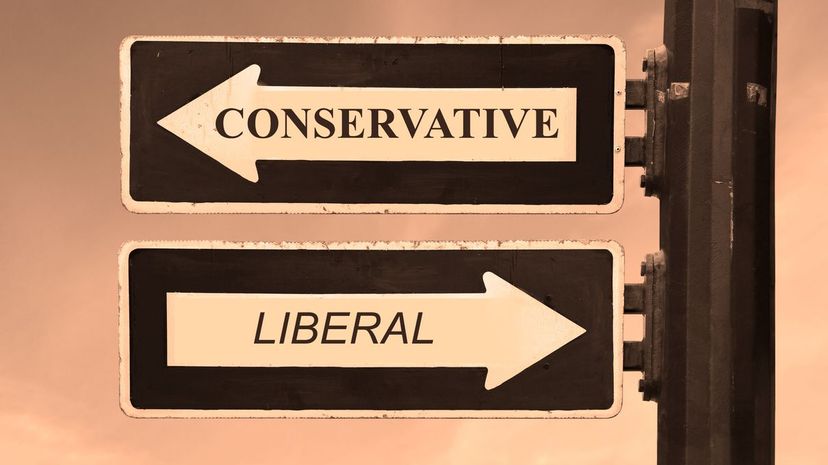
Winston Churchill started his career as a loyal Conservative, but he left the party for a lengthy portion of his political career over the issue of free trade, as Churchill had major opposition to tariffs. Churchill returned to the Conservative party in 1924 after losing his office in the 1922 election.
Advertisement
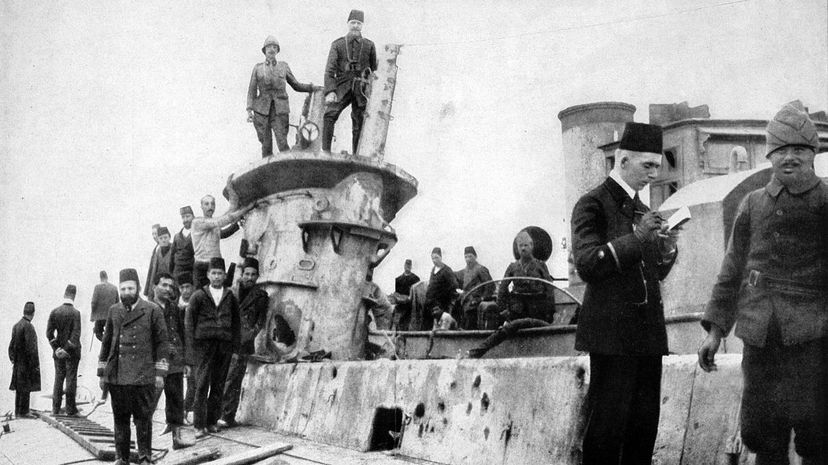
Planned by Winston Churchill, the Battle of Gallipoli turned into a nine-month affair that ended when the Allies finally withdrew their soldiers. The loss can be credited to hesitation by the commanders who carried it out, but Churchill took most of the blame since he suggested the attack.
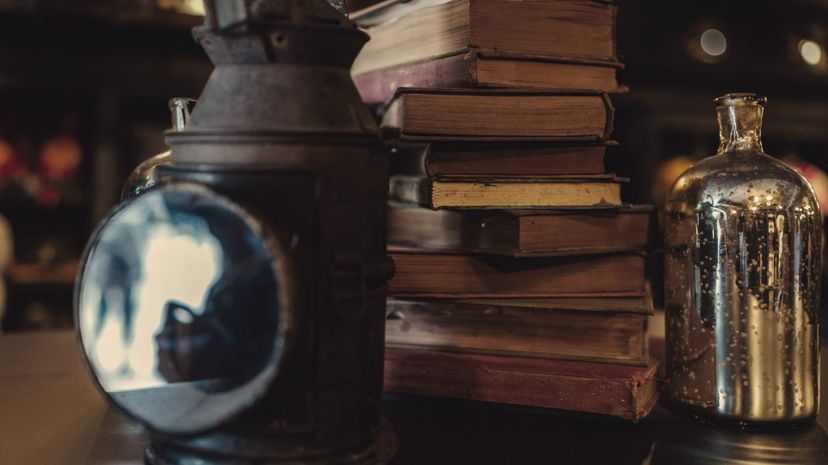
From his early years, FDR had an obsession with the Navy, which led him to collect thousands of naval books. This obsession, along with his support for President Woodrow Wilson, resulted in him being appointed Assistant Secretary of the Navy in 1913. He served in this position through WWI.
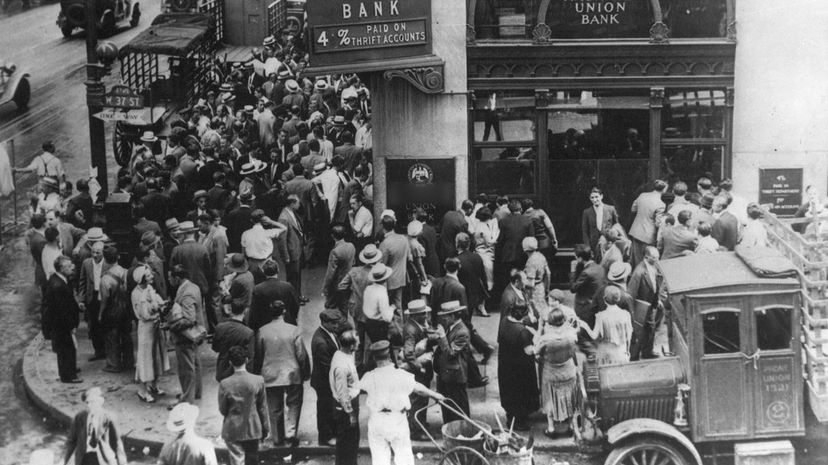
When FDR implemented his New Deal programs, the future of the federal government's relationship with citizens of the United States changed forever. The plan put hundreds of Americans to work and stimulated the economy, but even after the economy recovered, many of the programs stayed around.
Advertisement
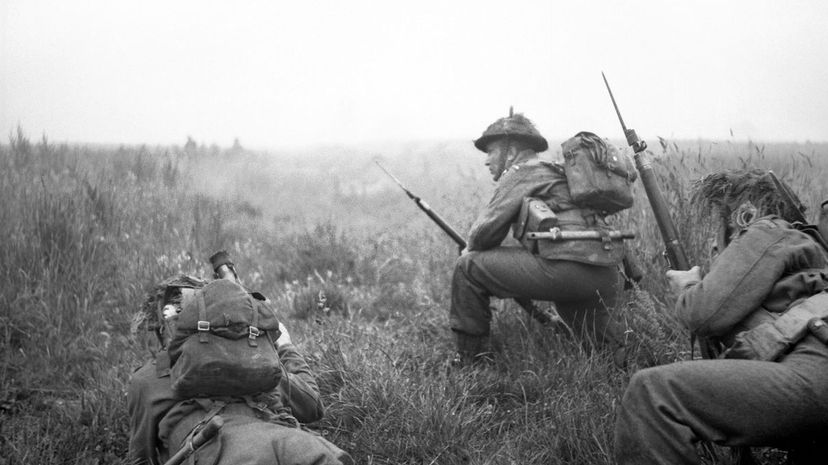
Knowing that he had to rebuild his reputation following the disastrous Battle of Gallipoli, Winston Churchill decided to go to the front lines, where he took command of the 6th Royal Scots Fusiliers Battalion. He never engaged in a major offensive, but his battalion was constantly shelled with some of the fire coming directly Churchill's way.
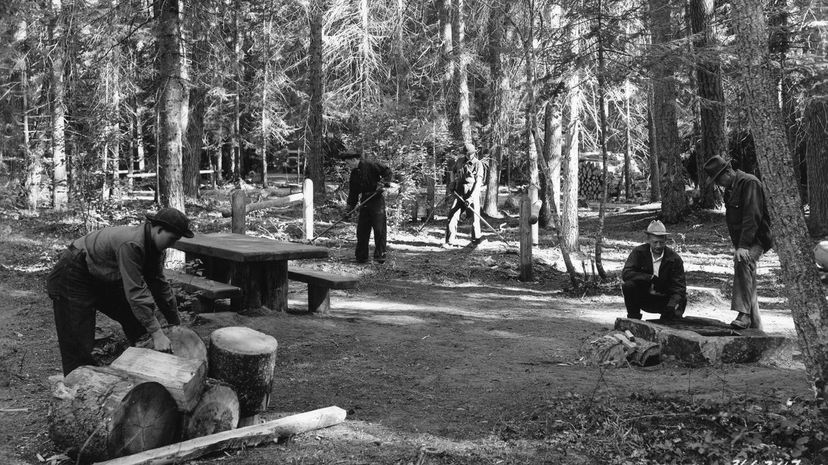
FDR was called many things by his opposition, from a fascist to a communist. However, these critics referred to a program that employed people to plant trees and construct trails. Little did they know, true fascism was rising in Europe and would be a real threat in the years to come.
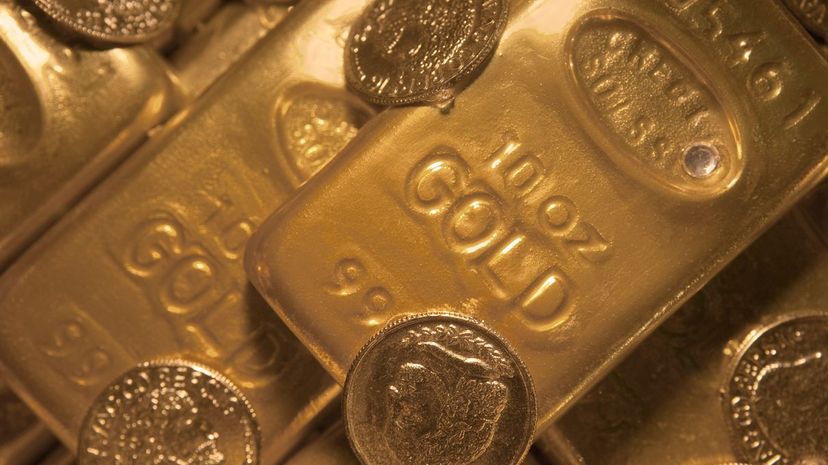
When Winston Churchill returned to office in 1924, he was appointed Chancellor of the Exchequer, which meant he oversaw Britain's treasury. In this position, he reimplemented the gold standard, a move heavily supported by the Bank of England. This decision hurt Britain's export industry, though, resulting in strikes and contributing to a recession.
Advertisement
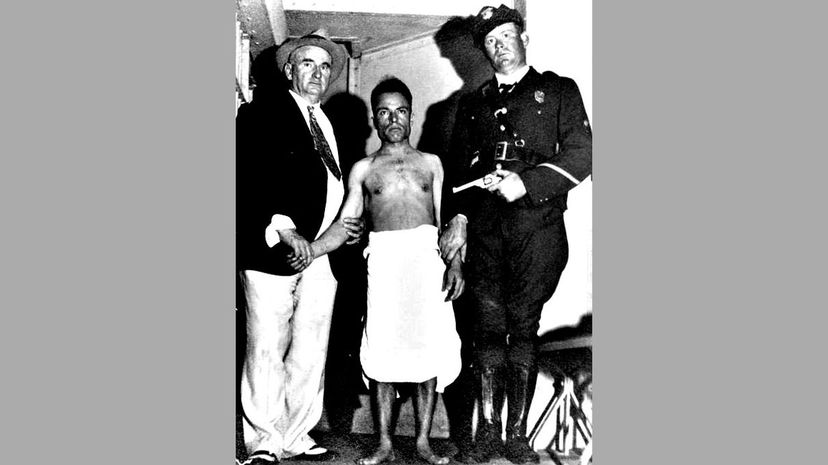
Giuseppe Zangara was an Italian immigrant who had fallen on hard times while also suffering from a mental illness. He blamed FDR and made a decision to assassinate the president. In his attempt, he fired several shots, but none of them hit FDR.
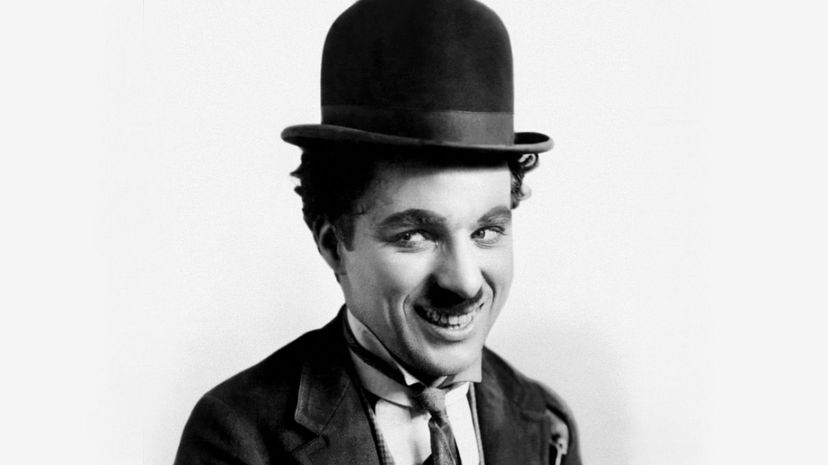
Winston Churchill was on a trip across North America when he arrived in southern California where he toured the state's film industry. During a party hosted by William Randolph Hearst, Churchill was introduced to film star Charlie Chaplin, and the two hit it off as they discussed politics and potential movie projects.
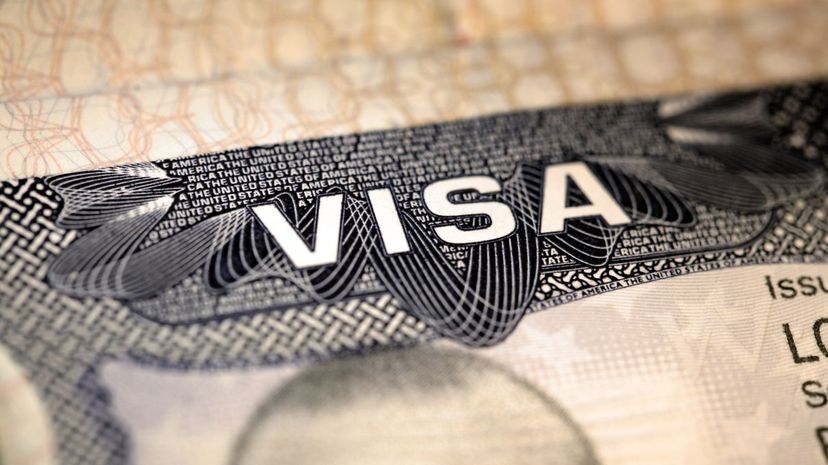
After the Night of Broken Glass in Germany, FDR expressed concern for the situation developing in the country, even calling back the U.S. Ambassador to Germany until after the war. Not knowing what they would return to, he also canceled the expiration date on the visas for 15,000 Germans who were touring the United States.
Advertisement
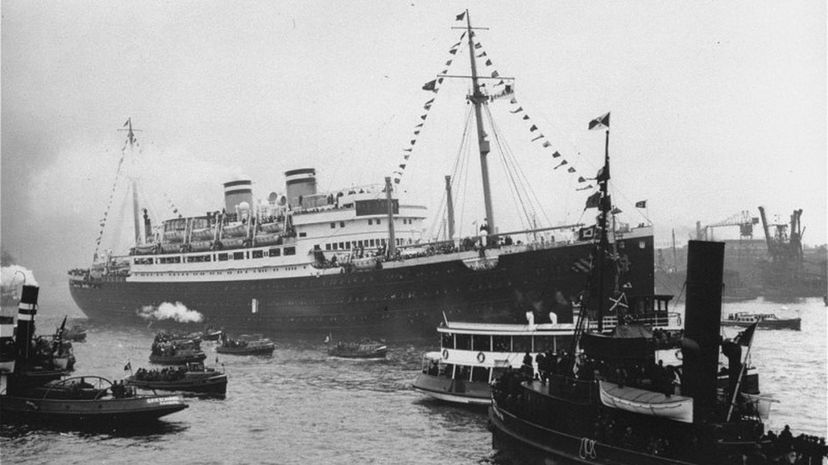
Obviously, antisemitism was extremely prevalent in Germany, but Americans also carried this hatred around. Rather than risk his political position, FDR ignored a request from refugees aboard the MS St. Louis who sought sanctuary in the United States. The ship was forced to return to the growing crisis in Europe.
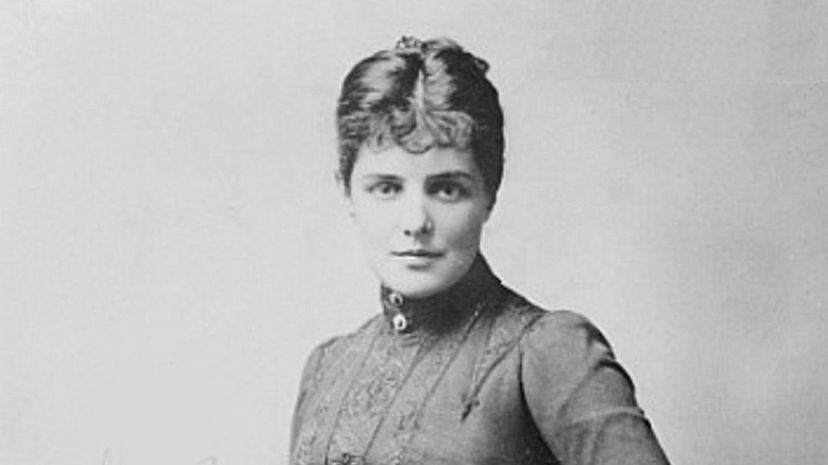
Winston Churchill's mother, Jennie Spencer-Churchill, was born into a wealthy American family. She met Churchill's father, Lord Randolph Churchill, during the Cowes Week in Britain, a famous regatta that had begun in 1826.
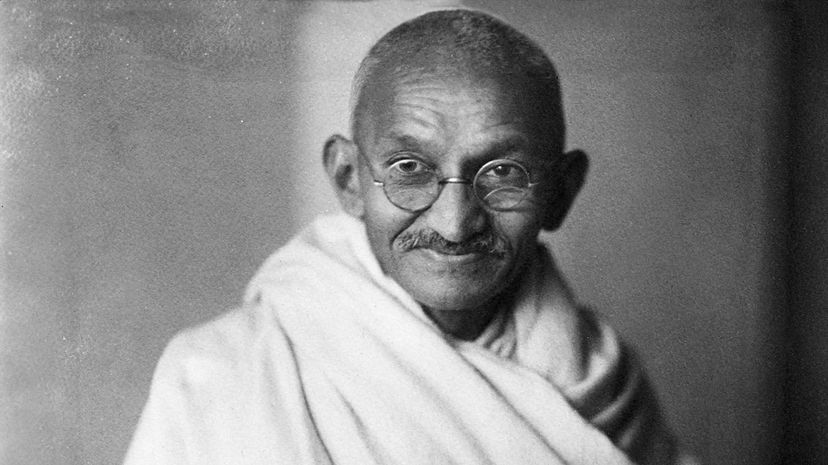
When Gandhi began his famous Salt March in 1930, Winston Churchill was one of his biggest opponents. Churchill remained suspicious of Gandhi for the next two decades, even believing Gandhi to be working with the Axis powers during WWII.
Advertisement
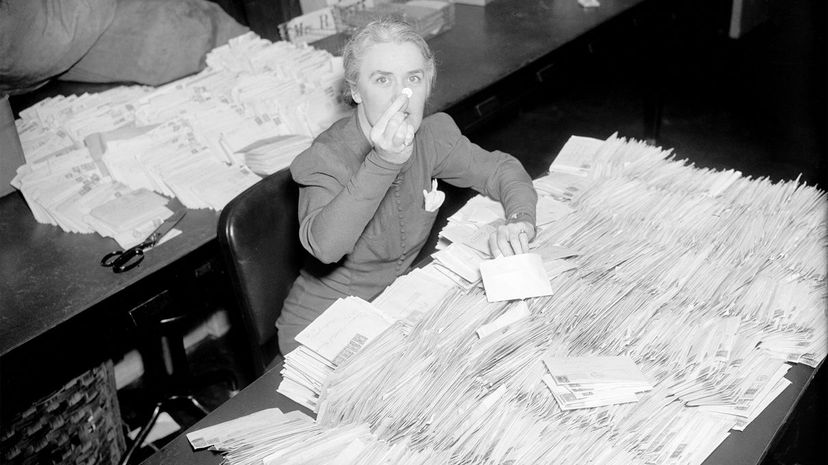
In 1921, FDR was diagnosed with polio, though medical knowledge today states he might have had a different illness. His illness led him to found the National Foundation for Infantile Paralysis. This organization would eventually fund research that led to a vaccine to prevent polio.
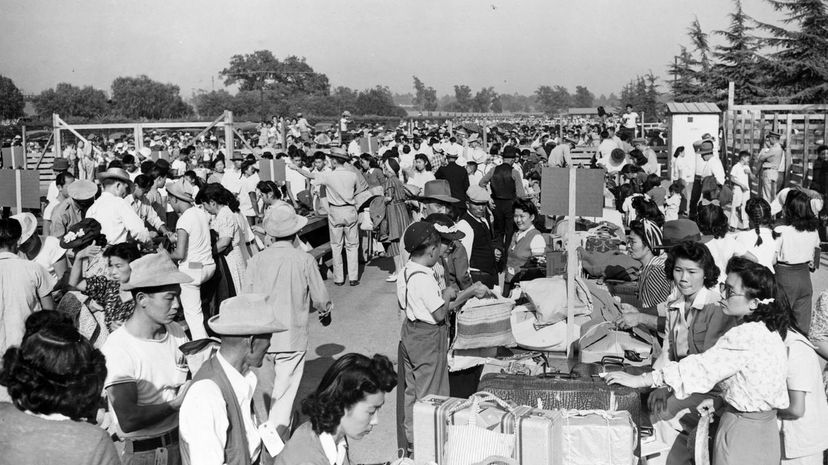
The fear of the other was as prevalent as ever after the attack by the Japanese on Pearl Harbor. Though there was no sufficient evidence that Japanese Americans were working with Japan, FDR was pushed to pass an executive order that sent 120,000 Japanese Americans to internment camps.
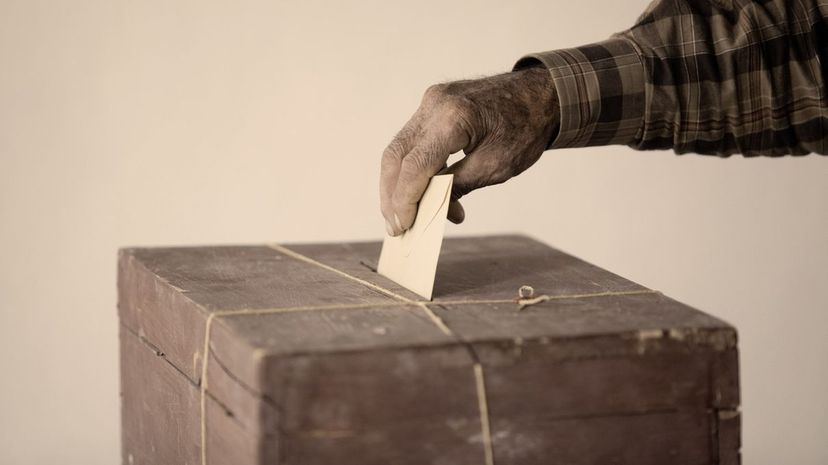
As the war came to a close, the Conservative party was losing favor in Britain because of its inability to address economic issues in the country. Winston Churchill, who had relied on the war to gain popularity, couldn't adjust to party politics and had little to offer his party as they sought reelection.
Advertisement
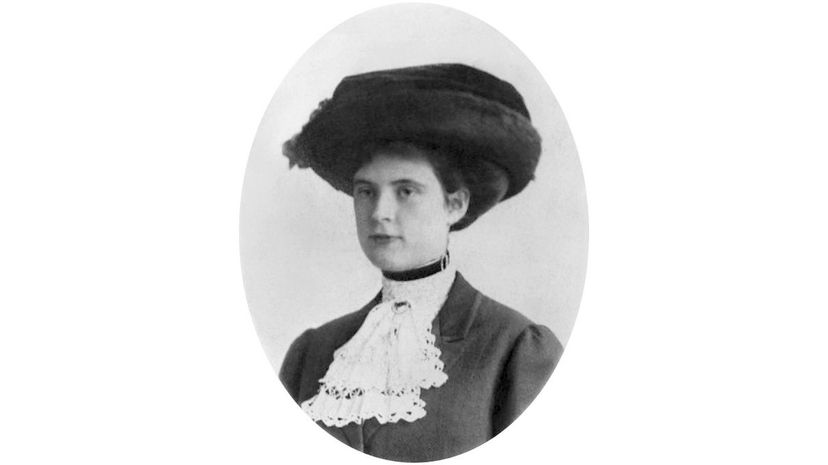
FDR's extramarital affairs put a strain on his relationship with his wife, Elenor Roosevelt, who once offered her husband a divorce if he desired. The couple stayed together, but their marriage became more of a political alliance than a loving relationship.
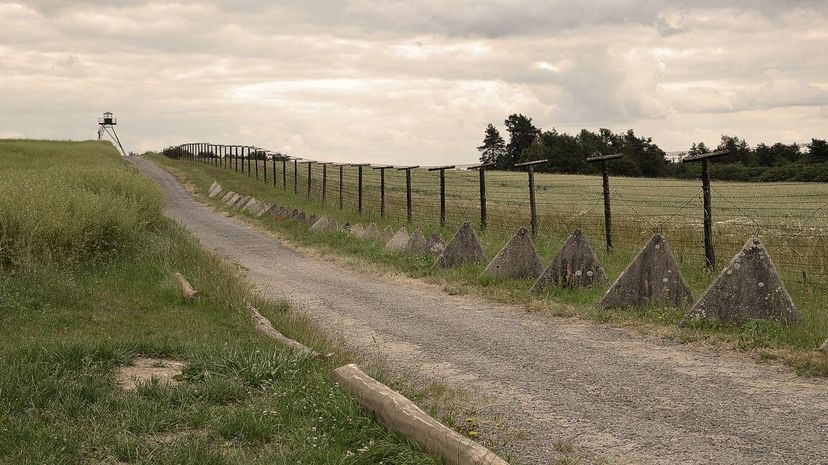
Even when Winston Churchill met with Joseph Stalin and FDR to discuss how to defeat Germany in WWII, he was careful around the Soviet leader, knowing that working with Stalin was out of necessity and not mutual appreciation. After WWII, Churchill was one of the first to pinpoint that the Cold War would be the next great conflict.
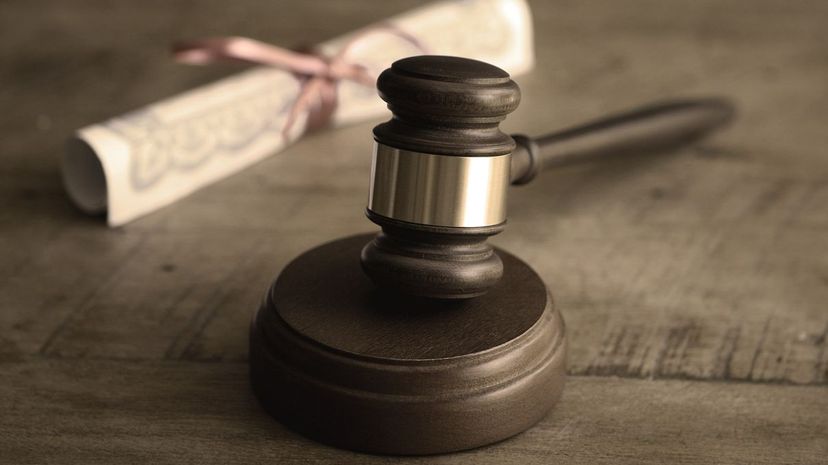
FDR attended Columbia University, where he studied law for two years without graduating. Despite not graduating, he still passed the bar and practiced law for several years in New York City before turning to politics.
Advertisement
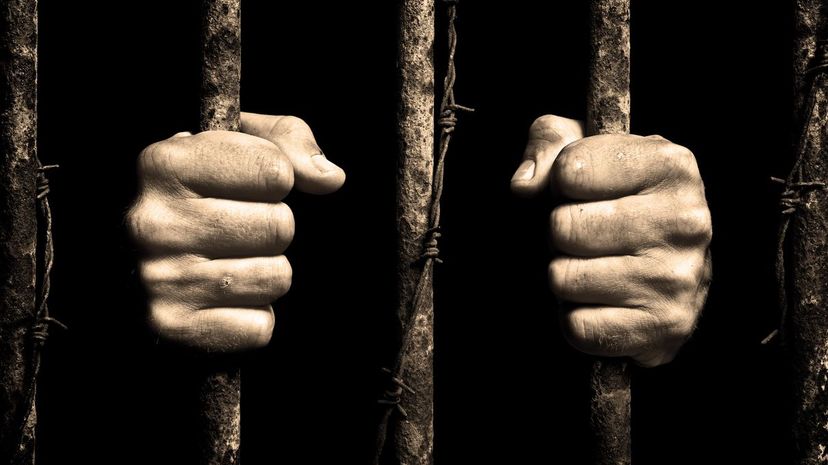
Seeking prison reform, Winston Churchill spoke harshly about excessive sentencing, which resulted from overcriminalization. One crime he spoke directly against was not being able to pay a fine immediately, which hurt the state if the person was imprisoned since they would never be able to pay the fine.
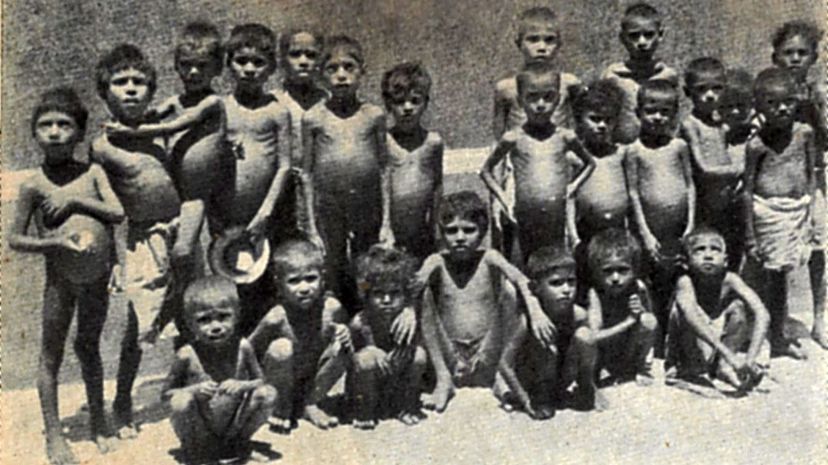
The Bengal famine gripped British-controlled India in 1943 during the height of WWII. Afraid to give away resources for the war, Winston Churchill largely ignored India's request for help, resulting in an estimated 3 million deaths.